International Women’s Day: driving change in West of England workplaces
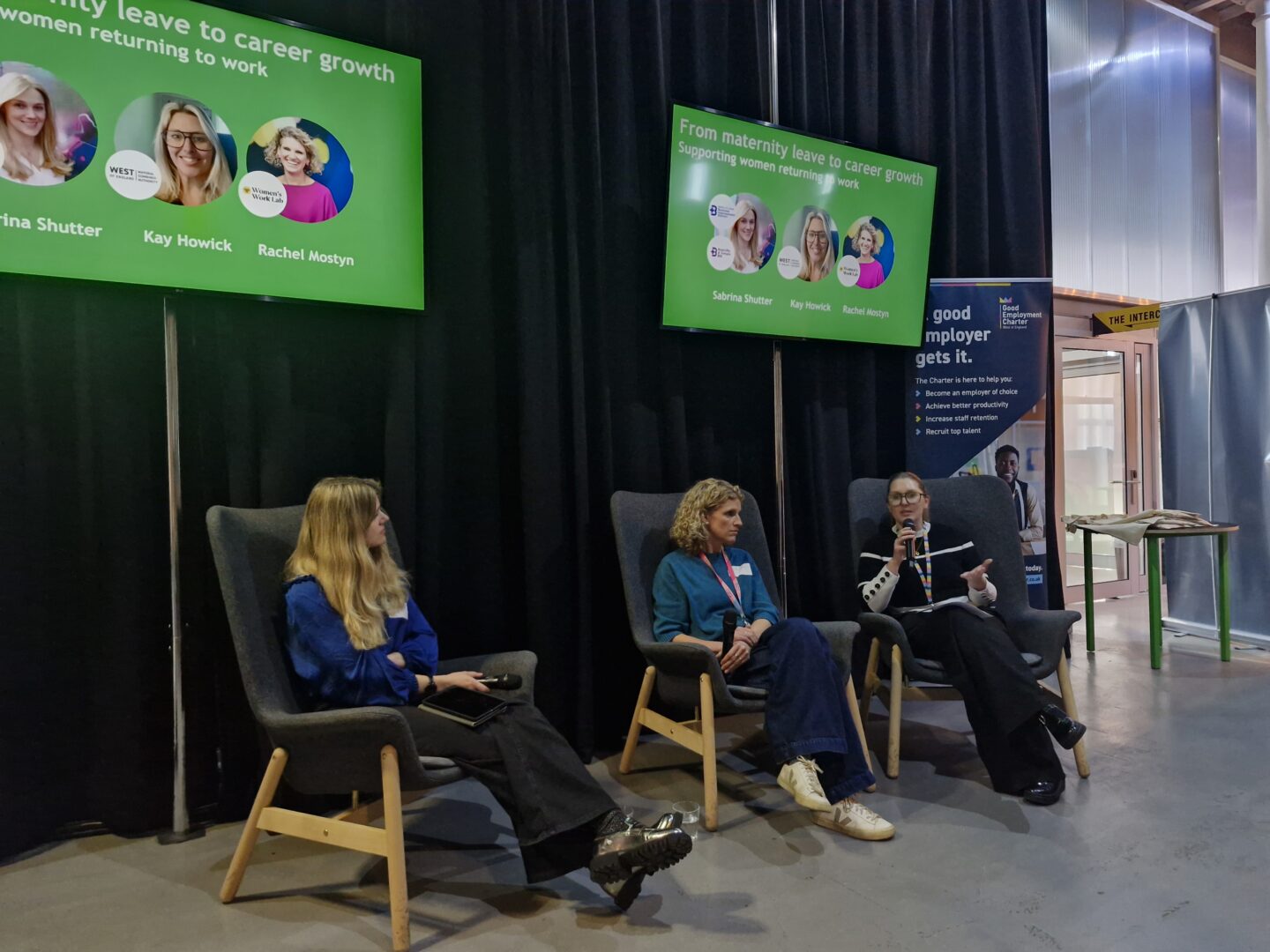
The Good Employment Charter team at the West of England Mayoral Combined Authority recently hosted an event that brought together a wide range of women from across the region to discuss the challenges they face at work and the practical steps organisations need to take to address them. With the theme of this year’s International Women’s Day being Accelerate Action, the event focused on moving beyond awareness and into meaningful change in the workplace.
Throughout the day, three key sessions tackled different but interconnected issues: self-perception bias, menopause in the workplace, and the experience of returning to work after maternity leave. Each session offered powerful insights into the obstacles women continue to encounter, but also the ways in which employers, colleagues, and individuals themselves can create more inclusive and supportive working environments.
Session one: Self-perception bias and women
The first session, led by Lisa Upton of Thought Bubbles and Cogito, explored self-perception bias and the impact it has on women’s confidence and career progression. Bias, both conscious and unconscious, is present in every workplace and affects decision-making in ways we do not always realise. Lisa explained how self-perception bias, the way we view our own abilities based on societal expectations, can hold women back. Historically, workplace leadership roles have been male-dominated, reinforcing the idea that certain traits, such as confidence and decisiveness, are inherently masculine. However, this perception is outdated. Leadership today requires a blend of qualities, including empathy, adaptability, and resilience, traits that are not gender-specific.
Lisa also spoke about the guilt many women experience when returning to work after having children, and the pressure men can feel to be sole financial providers. These ingrained societal norms shape our behaviours in ways that can be difficult to challenge. However, change begins when individuals recognise these biases within themselves and actively work to overcome them. She encouraged those attending the event to reflect on the biases they hold, consider how they influence daily interactions, and focus on being true to themselves rather than conforming to expectations. By doing this, we will all take steps to change workplace behaviour and develop a more open and inclusive culture.
Session two: Menopause in the workplace
The second session, led by Hazel Hayden, founder of the Bristol Menopause and Wellwoman Clinic, tackled an issue that remains largely unspoken in many workplaces, menopause.
It is a phase of life that 50% of the population go through, yet the impact it has on professional performance and well-being is often overlooked. One in four women consider leaving their jobs due to menopause-related symptoms, yet 56% of women won’t talk about their symptoms at work and do not feel able to discuss their struggles with colleagues or managers.
For too long, misinformation about menopause and hormone replacement therapy (HRT) has left women unsupported at work. Symptoms such as brain fog, fatigue, anxiety and mood swings can have a significant effect on job performance, and many high-achieving women have questioned their ability to continue in their roles as a result. Supporting women going through the menopause is vital. Women over 45 are the fastest growing demographic in the workplace and are a valuable asset to any team. They have experience and often act as mentors for younger women just starting their career.
Providing space for menopausal employees is not just about offering medical interventions, it is about workplace culture. Flexible working arrangements, better education around menopause, and simple adjustments like temperature control and access to water can make a huge difference. Hazel stressed that menopause is an equality issue, and organisations that fail to address it risk losing experienced and talented employees. With statistics showing that over 900,000 women left their jobs in 2023 due to menopause-related difficulties, it is clear that urgent action is needed.
Session three: panel discussion
The final session of the day was a panel discussion featuring Sabrina Shutter, Rachel Mostyn, and Kay Howick, focusing on the journey of returning to work after maternity leave. For many women, this transition is one of the most challenging points in their career. The logistical challenges of childcare and flexible working are well-documented, but the psychological impact is often underestimated. Many women feel forgotten while on maternity leave and return to workplaces where their confidence is shaken and their career progression has stalled.
The discussion highlighted the importance of organisational culture in making maternity leave policies more than just words on paper. A workplace that truly supports returning mothers fosters open conversations, ensures managers understand the challenges women face, and provides meaningful ‘keeping in touch’ days. Too often, these days are treated as an obligation rather than an opportunity to reintegrate employees in a meaningful way. Instead of simply clearing an overflowing inbox, returning mothers should be involved in discussions about their career progression, training opportunities, and any changes that may have occurred while they were away.
The panel also addressed the issue of paternity leave and how the unequal distribution of caring responsibilities reinforces gender roles. Too often, the expectation is that mothers must adjust their careers to accommodate childcare, while fathers continue working as normal. Without better paternity leave policies and a cultural shift in how parenting is viewed in the workplace, women will continue to bear the brunt of these career sacrifices. Affordable childcare, phased returns to work, and genuine flexibility, not just in theory but in practice, are essential in creating an environment where parents, regardless of gender, can balance their professional and personal responsibilities.
A statistic shared during the discussion was that 54,000 mothers leave their jobs each year due to the way they are treated after maternity leave. This is not just a personal loss for those women, it is a loss for businesses that fail to retain skilled, experienced employees. The best organisations are those that treat maternity as part of a broader conversation about work-life balance, rather than as an isolated issue. Career pathways should be clearly mapped out before maternity leave begins, allowing women to return with a sense of purpose and direction. Mentorship and progression opportunities should continue to be available, rather than assuming women who have children no longer aspire to career growth.
The Good Employment Charter was launched to be a tool to help workplaces overcome these issues. Almost 250 organisations are now signed up to the Charter and are taking steps to introduce real change to their workforce.
Be part of the change, become a Supporter of the Good Employment Charter today.
Related Articles
Count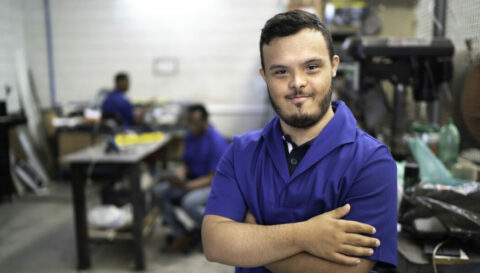
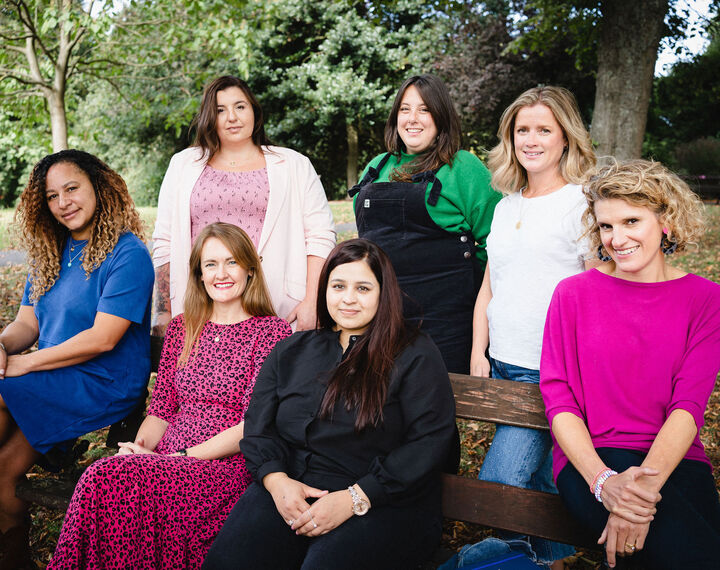 Published date19 February 2024
Published date19 February 2024 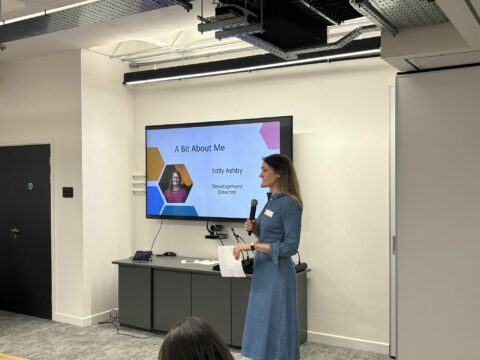
 Published date6 April 2022
Published date6 April 2022 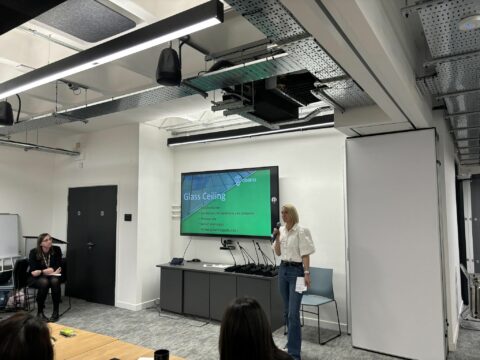
 Published date6 April 2022
Published date6 April 2022  Published date13 June 2022
Published date13 June 2022  Published date12 September 2024
Published date12 September 2024 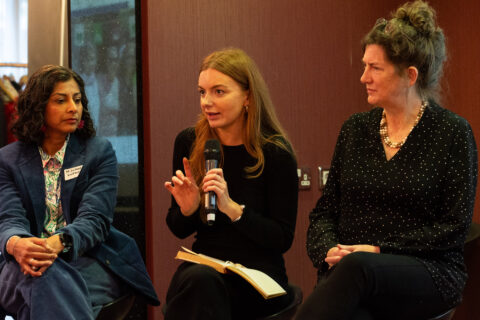
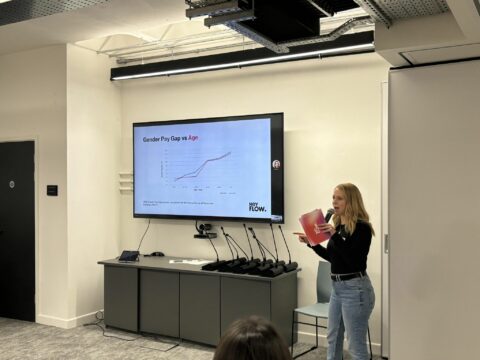
 Published date12 April 2022
Published date12 April 2022 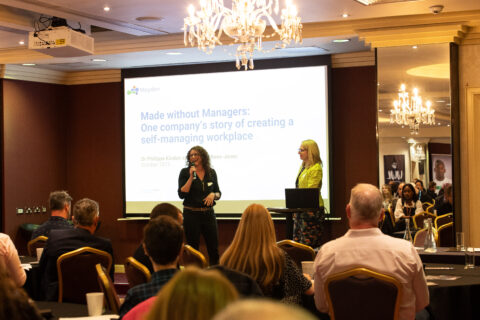
 Published date30 May 2022
Published date30 May 2022 
 Published date6 April 2022
Published date6 April 2022  Published date13 June 2022
Published date13 June 2022  Published date12 September 2024
Published date12 September 2024